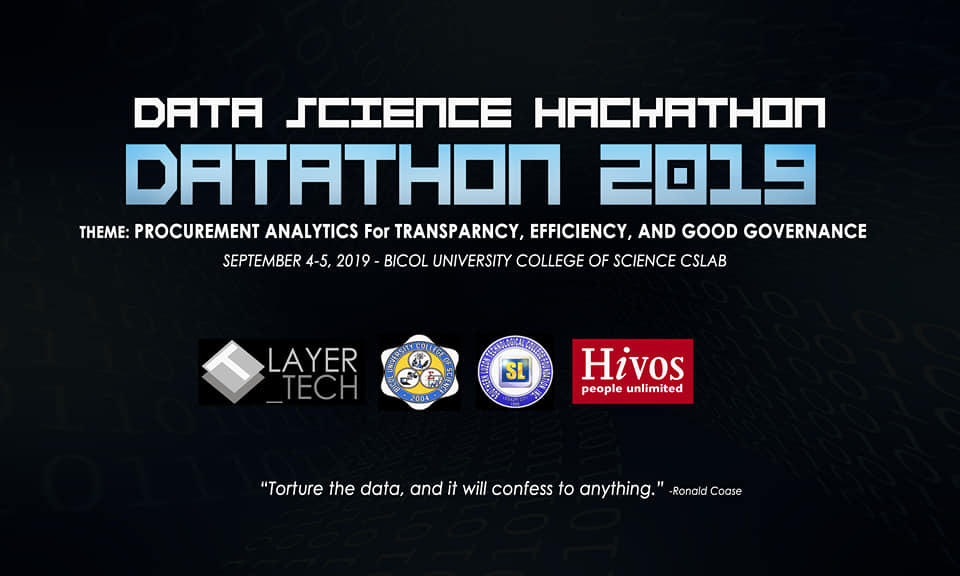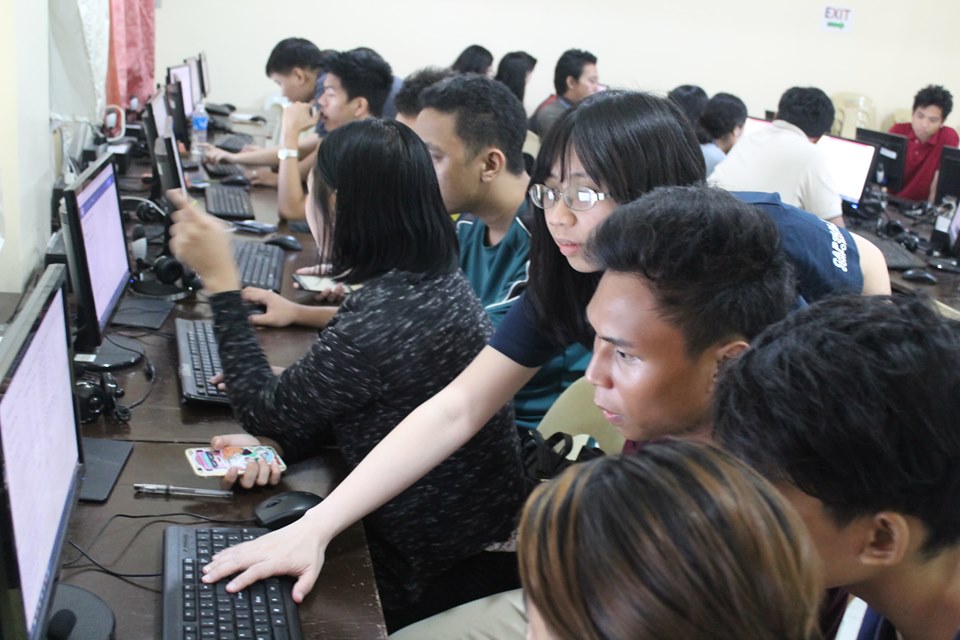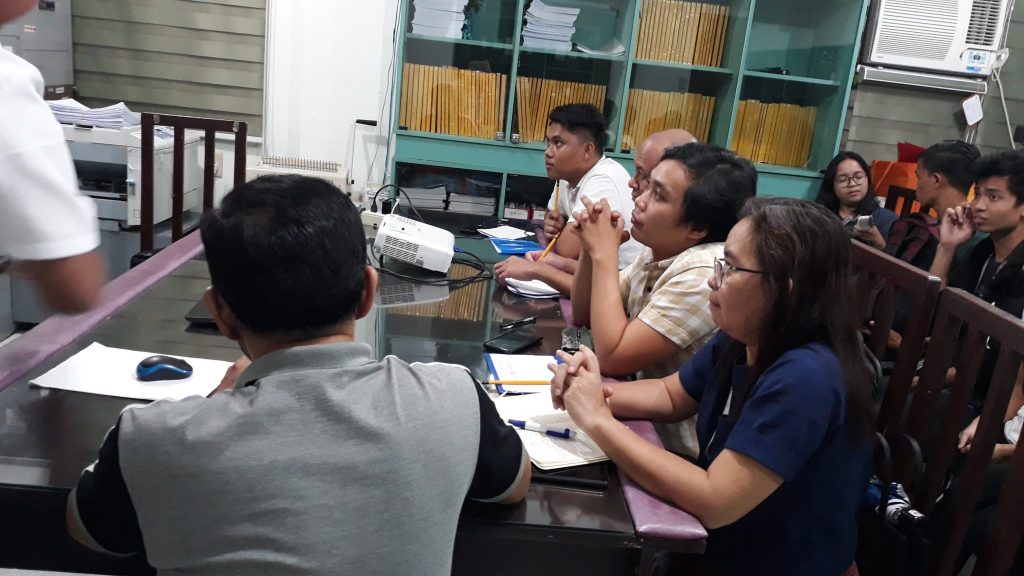Author: Jennifer Llovido (Bicol University)
Government data is a powerful resource that can influence public opinion, citizen services, economic development, government success, and a variety of other aspects. The government’s goal of transparency necessitates access to and management of data. Government data analysis helps both the public and private sectors acquire insights into the current situation of the state, which acts as a guideline for policymaking. The government’s adoption of technological developments in data storage and improved analytics allows for a much more comprehensive understanding of people. The potential for using data in government to provide more efficient, effective, and trustworthy public services is practically limitless.
Recognizing the importance of data as one of an organization’s most important assets, it is practically worthless without supporting technologies to mine, process, organize and analyze it. The official website of the Local Government Unit of Legazpi provides a feedback and query portal that would foster civic engagement by soliciting feedback and suggestions from the local populations as it extends the consultation processes beyond the traditional face-to-face meetings. The said portal could also be implemented at the level of the various barangays, where Legazpeños would be encouraged to give their feedback and participate in the continuous improvement of public services. It would further promote data-driven decision-making as well as result in the production of quality datasets to encourage researchers and innovators to conduct studies and provide innovative solutions that would help solve issues of the LGU Legazpi. Further, citizen feedback may be visualized into tabulations and graphs that can be used to gain insights, and detect sentiments, trends, and public opinion. The opportunity of maximizing the use of the data at hand by improving visualizations and making it more informative with the application of data analytics is recognized.
As a resident of Legazpi City and a member of the academe, I envision the possible improvement of the LGU Legazpi website with the provision of enhanced data analysis and visualizations of the feedback and query portal data by employing new methods for modeling and analyzing data, including advances in natural language processing and visualization. More meaningful visualization for each question in the portal may be developed and utilized to enhance the presentation of data and effectively share the results back to Legazpeños. The end goal of this is to encourage Legazpeños as well as visitors of the city to give unbiased and useful feedback with the use of cloud computing leading to data-driven governance in the city. This could further improve the policymaking processes as well as make government policies more relevant to citizens at the level of the local government of Legazpi City. Its benefits are intended to benefit a wide range of stakeholders, including the economically and politically disenfranchised. The results are foreseen to provide actionable insights for good decision-making and support the development of evidence-based solutions for solving community issues in Legazpi City.
his article is the author’s reflection on the insight gained from the recently concluded OCDex 2022 Public Data Analytics Fellowship Trainings.
For more information about the article, please reach out to the author: jllovido@bicol-u.edu.ph or Layertech labs support at learning@layertechlab.com





